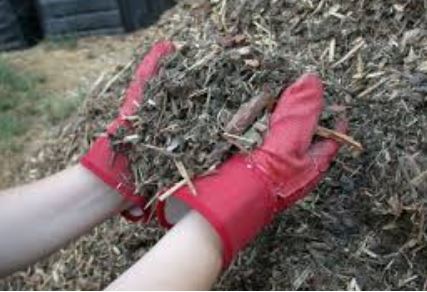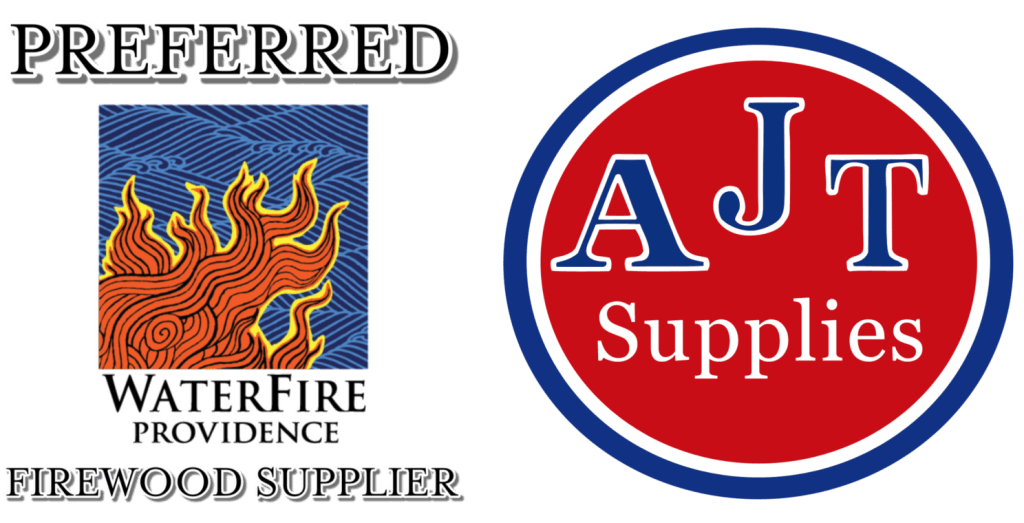 The biggest benefit we can tell you is that mulching saves you time and money. No matter whether you are thinking of flower or vegetable gardens, mulch makes gardens healthier, reduces weeds and is more resistant to drought during dry periods, so it saves you time in watering, weeding and dealing with pest problems.
The biggest benefit we can tell you is that mulching saves you time and money. No matter whether you are thinking of flower or vegetable gardens, mulch makes gardens healthier, reduces weeds and is more resistant to drought during dry periods, so it saves you time in watering, weeding and dealing with pest problems.
There are two kinds of mulch – organic and and inorganic. Organic mulches consist of previously living material like grass, leaves, wood chips, bark, sawdust, pine needles, paper and compost. Inorganic would be stones, gravel, black plastic and landscape fabrics.
While both mulches work against weeds, the organic kind also decomposes into the soil and makes the soil rich and healthy.
In using mulch to fight weeds, you need to prepare the garden first by clearing it of weeds already there and laying a somewhat thick layer of mulch (4 to 6 inches) to discourage any weeds from growing through. In particularly “weedy” areas, you can place your plants in the soil, water well, and spread newspaper around them BEFORE applying the thick layer of mulch.
Be aware that thick organic mulch may also cause some problems since it retains moisture which means there is a risk of roots rotting, so with plants clear about 1” around the roots and in trees and shrubs clear about 6 to 12 inches.
With regard to compost, it is fine to use it as a mulch to enrich soil BUT it is recommended that you spread it thinly and then cover over with an organic mulch to ensure moisture retention.
For those of you with larger properties, here are a few tips for saving some money…
- For shredded leaves, you could clear the fallen leaves around trees, shred them and work them into the soil in the Fall.
- For wood chips, there may be tree maintenance companies or utilities that will sell what they have to you for a minimum price OR community yard waste collection companies offering chipped yard debris or composted grass clippings and fall leaves to residents for free or for a small fee.

